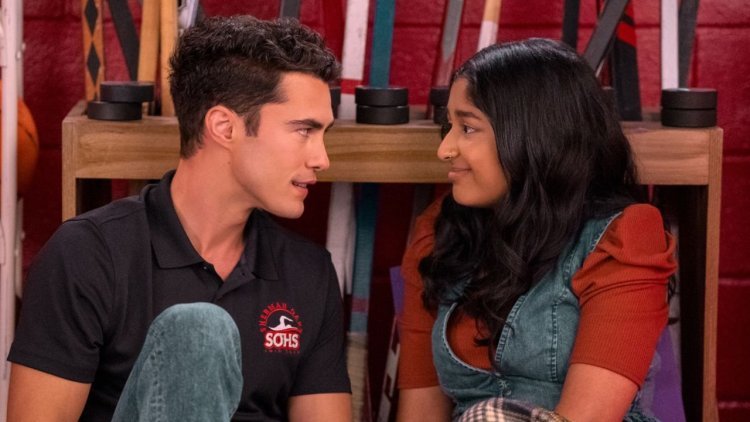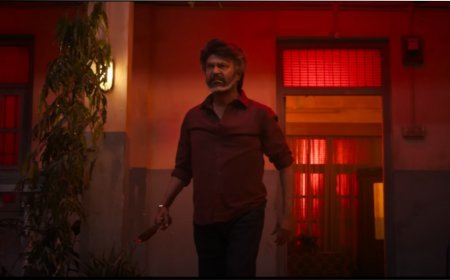Never Have I Ever Season 4 Review: Wholesome Finale Overshadowed By Stronger Previous Seasons' Storytelling.

Never Have I Ever, created by Mindy Kaling and Lang Fisher, has captivated audiences with its portrayal of Devi Vishwakumar's journey through adolescence. The series has struck a chord by showcasing Devi as a relatable, flawed protagonist, navigating the ups and downs of life. However, the final season's conclusion has sparked mixed reactions, as it attempts to neatly tie up loose ends and provide Devi with a seemingly perfect life.
One of the strengths of Never Have I Ever has been its ability to portray Devi's relatability. She is a work-in-progress, constantly making mistakes and facing the consequences. This authenticity resonates with viewers who are also trying to make sense of their own lives. Devi's pattern of success in one aspect of her life followed by failure in another has been a consistent theme throughout the series, reflecting the messy nature of personal growth.
In the final episode, however, Devi undergoes a sudden transformation and seemingly "has it all." She gets into her dream college, finds true love, and experiences incredible sex. While it is understandable that the creators wanted to provide a satisfying conclusion, this narrative stretch feels somewhat unrealistic and diminishes the relatability that has been a hallmark of the show.
A more fitting ending would have been for Devi to continue her journey of seeking internal validation rather than external achievements. Her therapist's emotional acknowledgment of her growth and her decision to write about it for her college essay could have provided a logical and relatable ending. By leaving her college selection to fate, the story would have highlighted the importance of personal growth and self-acceptance.
Furthermore, the series finale falls short in some aspects. Devi referring to her lehenga as a sari perpetuates the stereotyping of Indians in American shows. This moment undermines the triumphs she has achieved and reduces them to narrative tropes rather than organic character development.
Despite these shortcomings, Never Have I Ever remains an important series for the Indian diaspora. It initially offered a refreshing portrayal of Indians in Western pop culture, thanks to Mindy Kaling's involvement. The show's relatability and cultural representation have made it a significant step forward in diversifying television narratives.
In summary, Never Have I Ever excels in its portrayal of Devi's relatability and growth. However, the final season's attempt to tie up loose ends and provide a perfect conclusion undermines the authenticity of the show. The series finale's reliance on stereotypes and narrative tropes detracts from the progress it has made in representing the Indian community. Despite its flaws, Never Have I Ever remains a noteworthy addition to the television landscape.



























































